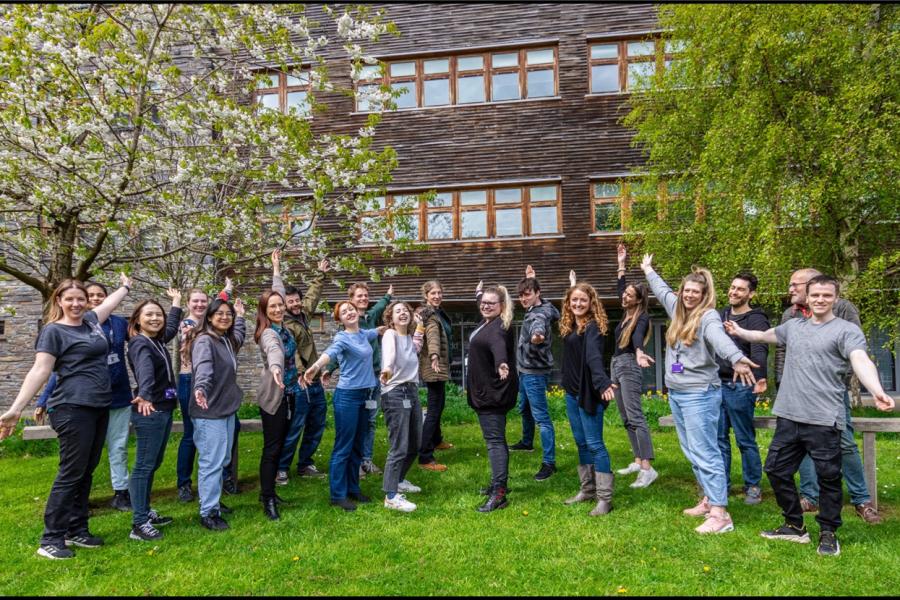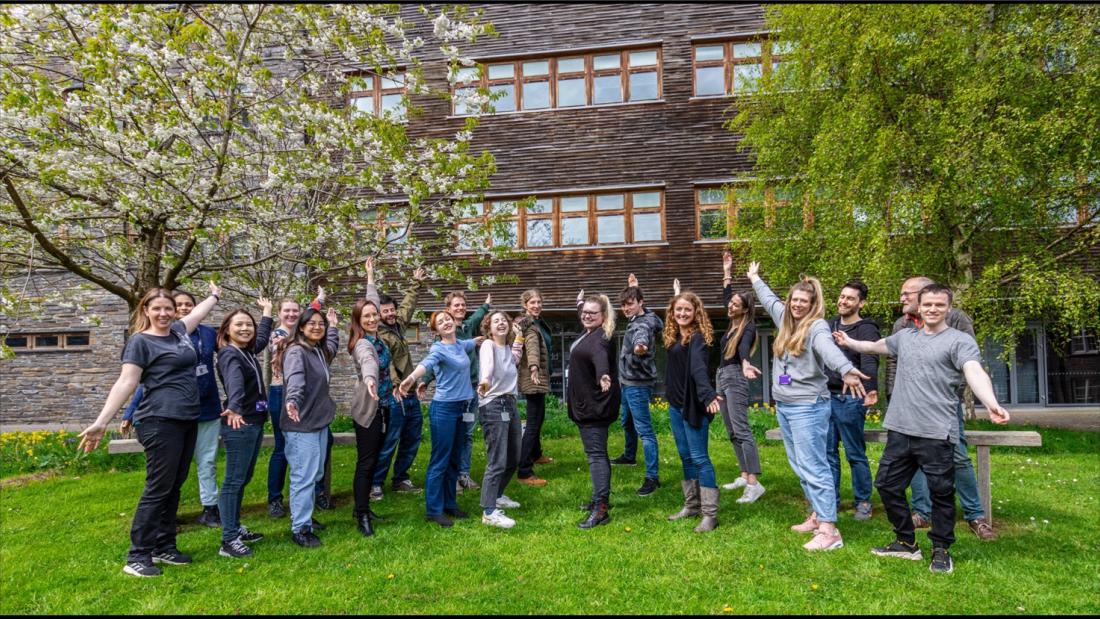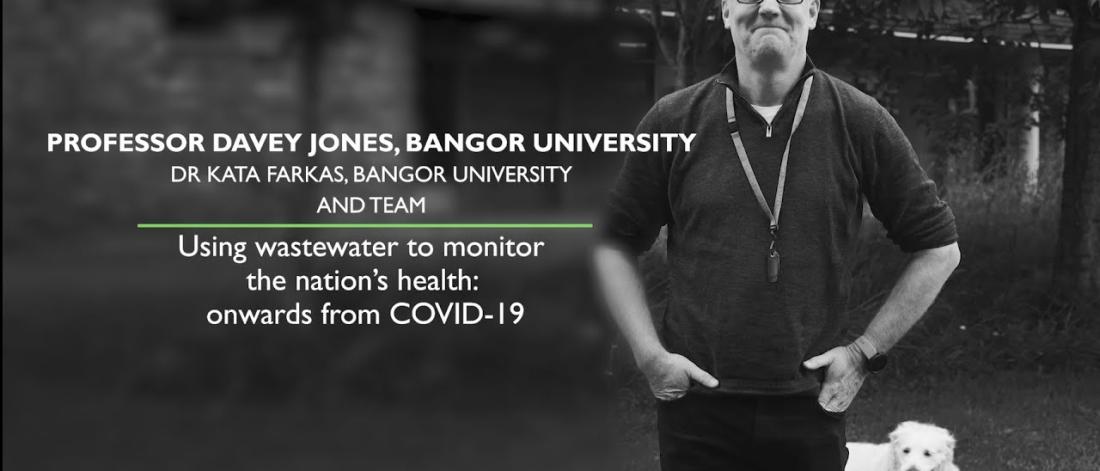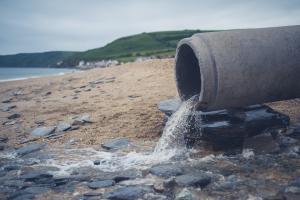#RealWorld impacts
The selected finalists are all projects which have had real impact on the economy or society in the UK or internationally in one way or another. The shortlist and judging were undertaken by independent panels of academic, industry and government figures and public engagement professionals.
Using wastewater to monitor the nation’s health: onwards from COVID-19
The team at the School of Environmental and Natural Sciences used their expertise to monitor the prevalence of COVID-19, at one point covering 80% of the UK population through wastewater monitoring.
The monitoring system played a crucial role in shaping national policy during the pandemic.
The system has since been adapted to measure many other diseases of public health concern in the UK and globally.
Wastewater doesn't lie. While surveys and self-reports may be biased, our sewage systems collect unfiltered truths about public health and behaviour. Analysing wastewater provides an objective snapshot of community drug use, disease rates, and even economic activity. It's the crystal ball public health officials have dreamed about - one that could give early warning of emerging health threats. The future is in our wastewater.
Professor Paul Spencer, Pro-Vice Chancellor (Research), said:
“I wish Davey’s team every success in these Awards, the impact of their work has been astounding. We’re proud of how the University’s expertise was so valuable to public health during the COVID-19 pandemic. The work grew out of long-standing expertise at Bangor, and is actively being developed to investigate other pathogens. This project and its impact highlight the benefit of funding fundamental research, which can be brought to bear quickly to address critical societal challenges such as the COVID-19 pandemic.”

Professor Peter Liss, Interim Executive Chair of NERC, said:
“The Impact Awards provides us with the opportunity to recognise the thriving community of people working hard to reveal the state of the environment and how we can respond.
“We received outstanding enthusiasm for this year’s competition. The impacts of all entries are far-reaching. I was impressed to see that the 10 shortlisted entries address some of today’s most pressing issues, such as rapid biodiversity loss, climate change and the impact of the environment on human health. I look forward to celebrating the contributions of our shortlisted teams and individual researchers at the final stage of the Impact Awards in November.”
All ten shortlisted projects can be found on the NERC website here.
The winners will be announced at a ceremony at the Natural History Museum on 29 November 2023.





